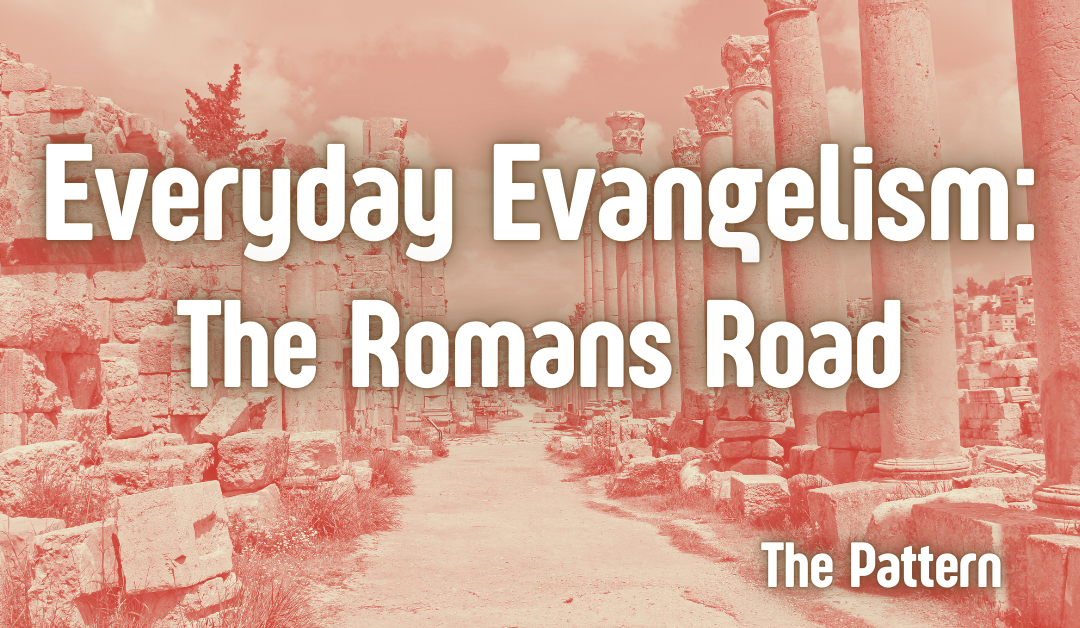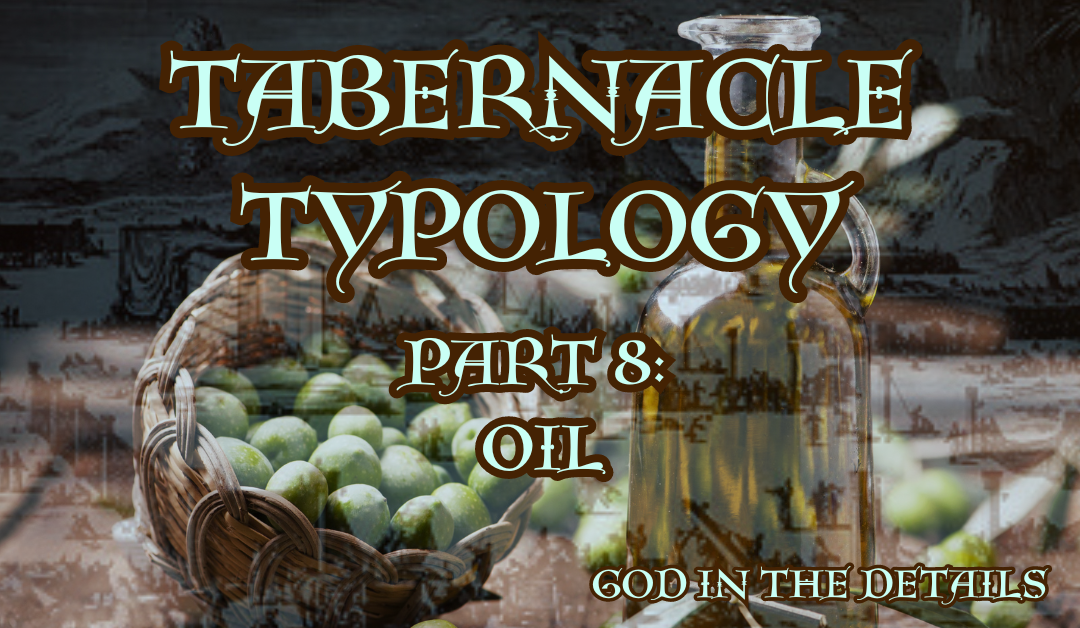
Revival: Our Work
A few months ago, when we left our previous church plant, I was praying for a vision and a mission from God. Praying for direction. “Lord, where do you want me to go? What do you want us to do? What do you want to achieve?”
During that time God gave me Isaiah 61.
A few weeks later I found myself sitting in the church where I grew up – just a visitor – hoping to give Kailie a glimpse of home. A home I hadn’t even realized I had been longing for.
Looking up, above the stage, there were two signs. Two new signs with the new mission and vision of the church boldly displayed in Afrikaans and English.
Isaiah 61.
I know today, looking at those same signs every Sunday, that this is not just a flight of fancy or a good idea – this is the very heart of God for this season! Revival.
Revival, simply put, can be defined as something coming or being brought back to life – to restore to life!
In this season God is working around the World in the hearts of the faithful to prepare the ground for such a revival. God’s Will for His Church – for His people – for His children – is to restore them to life again.
Isaiah 61 is titled: THE YEAR OF THE LORD’S FAVOUR
The Hebrew word used to describe this period of time is ‘shānāh’ – and just like a coin, this word has two sides. It is a noun – translating as ‘year’, ‘length’ or ‘age’ – signifying a division and period of time – we see it in use in the name of the Jewish New Year, Rosh HaShanah – the start or the head of the year.
It is also a verb. As a verb it means: to repeat or do again.
Keeping this in mind we will now read from Isaiah 61.
“The Spirit of the Sovereign Lord is on me,
because the Lord has anointed me
to proclaim good news to the poor.
He has sent me to bind up the brokenhearted,
to proclaim freedom for the captives
and release from darkness for the prisoners,
to proclaim the year of the Lord’s favor
and the day of vengeance of our God,
to comfort all who mourn,
and provide for those who grieve in Zion—
to bestow on them a crown of beauty
instead of ashes,
the oil of joy
instead of mourning,
and a garment of praise
instead of a spirit of despair.
They will be called oaks of righteousness,
a planting of the Lord
for the display of his splendor.” (v1-3, NIV)
In the Old Testament Kings, Priests and Prophets were anointed. The anointing was the means through which they were prophetically sworn into service, into the function of their Holy Calling.
In the New Testament Paul shares this truth in Romans 8: 9 You, however, are not in the realm of the flesh but are in the realm of the Spirit, if indeed the Spirit of God lives in you. And if anyone does not have the Spirit of Christ, they do not belong to Christ. 10 But if Christ is in you, then even though your body is subject to death because of sin, the Spirit gives life because of righteousness. 11 And if the Spirit of him who raised Jesus from the dead is living in you, he who raised Christ from the dead will also give life to your mortal bodies because of his Spirit who lives in you. (v9-11).
In verse 14 he calls us children of God – saying that it is through the Spirit of Adoption that we cry Abba, Father.
And then finally in verse 29-30: 29 For those God foreknew he also predestined to be conformed to the image of his Son, that he might be the firstborn among many brothers and sisters. 30 And those he predestined, he also called; those he called, he also justified; those he justified, he also glorified.
Being born again means that we have swung wide the doors of our hearts and invited Jesus in. We have died to self saying “not my will, but Yours be done…” We have given ourselves into the Hand of the Father so that He may do whatever He may want in us and through us. It is no longer I who live, but Christ in me and through me!
Knowing this we can then logically ask: who then is the anointed today?
All of us. There are no kings, priests and prophets like in the Old Testament in the Kingdom of God – but we are, according to 1 Peter 2:9: a royal priesthood, a holy nation and peculiar people – anointed and appointed – to proclaim the goodness of the same God who called us out of darkness and into His glorious light.
We can very much, like the prophet Isaiah declare: “The Spirit of the Sovereign Lord is on me, because the Lord has anointed me to proclaim good news…”
In the highways and the byways, in the valley and on the mountain, on every street corner and from every rooftop, we have been called as a royal priesthood – appointed to proclaim the goodness, the love, the mercy, grace and righteousness of God!
Paul offers the following to the church in Corinth, in 2 Corinthians 5: 11 Since, then, we know what it is to fear the Lord, we try to persuade others. What we are is plain to God, and I hope it is also plain to your conscience. 12 We are not trying to commend ourselves to you again, but are giving you an opportunity to take pride in us, so that you can answer those who take pride in what is seen rather than in what is in the heart. 13 If we are “out of our mind,” as some say, it is for God; if we are in our right mind, it is for you. 14 For Christ’s love compels us, because we are convinced that one died for all, and therefore all died. 15 And he died for all, that those who live should no longer live for themselves but for him who died for them and was raised again.”
He goes on to say, in verse 18-20: “18 All this is from God, who reconciled us to himself through Christ and gave us the ministry of reconciliation: 19 that God was reconciling the world to himself in Christ, not counting people’s sins against them. And he has committed to us the message of reconciliation. 20 We are therefore Christ’s ambassadors, as though God were making his appeal through us. We implore you on Christ’s behalf: Be reconciled to God. 21 God made him who had no sin to be sin for us, so that in him we might become the righteousness of God.”
This ministry of reconciliation is not just for the teachers, preachers and evangelists – but belongs to all of us.
We are called, knowing what it is to fear the Lord, to plead with our loved ones on Christ’s behalf: BE RECONCILED TO GOD!
It is a calling that belongs to all of us. It is not your pastor’s job to call the community to Christ. It is his job to create a space where we can be equipped to live out this calling – the ministry of reconciliation.
It is our job. We are called, through the indwelling of the Spirit of Adoption to be a voice in the wilderness crying out, be reconciled to God!
It is our calling, just as much as it was Isaiah’s, to proclaim good news to the poor, to bind up the broken hearted, proclaim freedom for the captive and release from darkness to the prisoner! To share the story of the goodness of His Grace, the reality of His wrath and the glory of His righteousness!
It is our job to go out and proclaim the good news of His Kingdom Come and all that comes with it – a crown of beauty instead of ashes, the oil of joy instead of mourning, and a garment of praise instead of a spirit of despair! It is our calling and ministry to proclaim the goodness of the same God who called us out of Darkness and into His Light – so that His Kingdom might be established here in our lives – so that He might raise up a sturdy plantation – us as oaks of righteousness – for the display of the splendour and the glory of the Lord!
When we take up this call we will see the Year of the Lord’s Favour – we will see the Lord ‘shānāh’ – do it again what He has done before in this season. We will see many coming to Christ – we will see lives, marriages, families restored! We will see addicts and alcoholics step out of their chains and into freedom! We will see the ill and the infirm healed! We will despair turn into joy and graves turn into gardens! We will see the resurrection power of Jesus at work in our homes, in our church, in our community – and even our country!
There is a great promise in store for the church willing to take up this call. (Isa 61:4-9). There is a great inheritance for the church willing to get up and cross the Jordan of our fear and insecurity – for those willing to face the giants of Canaan and take the promised land!
Not by might, and not by power – but through His Spirit living and active, working in us and through us!
Just like with Isaiah, in chapter 6, the Lord is asking: “Whom shall I send? Who will go for us?”
And all the Lord longs for today is our willingness – our yes! Our cry of, “Here I Am Send Me!”
A few years ago I had a dream in which the Lord told me: I will use fishermen once again.
I have been given many titles in churches over the years. I’ve been pastor, prophet, reverend – but my favorite thing to go by is just ‘Attie’. My family name. An every day, super average and ordinary name. I am nothing special. I just love Jesus.
God wants fishermen.
God is calling ordinary, everyday people like you and me to grow the church! To restore righteousness in the world! To proclaim His Gospel! To see His Kingdom come!
The last words of this great prophetic moment in Isaiah 61 is this:
“I delight greatly in the Lord;
my soul rejoices in my God.
For he has clothed me with garments of salvation
and arrayed me in a robe of his righteousness,
as a bridegroom adorns his head like a priest,
and as a bride adorns herself with her jewels.
For as the soil makes the sprout come up
and a garden causes seeds to grow,
so the Sovereign Lord will make righteousness
and praise spring up before all nations.” (v10-11, NIV)
Let us fall in love with our Saviour today! Let us learn to delight in the Lord, the God of our Salvation! Let us swing wide the doors of our hearts and say, Lord, here I am! Let us no longer be spectators, but let us participate and become an active part in this story that God is writing! Let us rejoice in our salvation and make it known – in the highways and the byways – at work, at home, at school – wherever we might find ourselves during the day, during the week!
Let us get involved at church, like never before – not just to drink for the sake of drinking, or eating for the sake of eating – but to build up the strength necessary to work out there in our personal mission fields!
Let us take ownership of the promise God is giving us today – the promise of revival! Let us pray like never before, be disciplined in our Bible study and devoted to the ministry of reconciliation!
Let us seek Him with a renewed desire, a fresh fire – Lord fill us with a longing that nothing else can satisfy! And let us turn the world upside down, but rightside up for His Name’s Sake – intentionally with boldness, vigour and passion!




